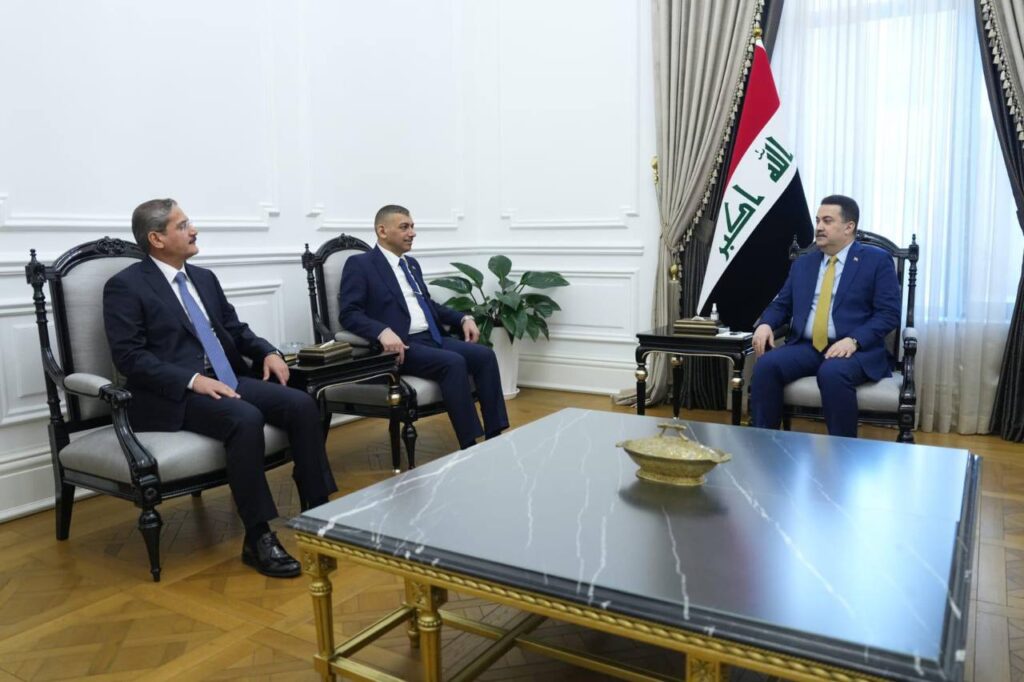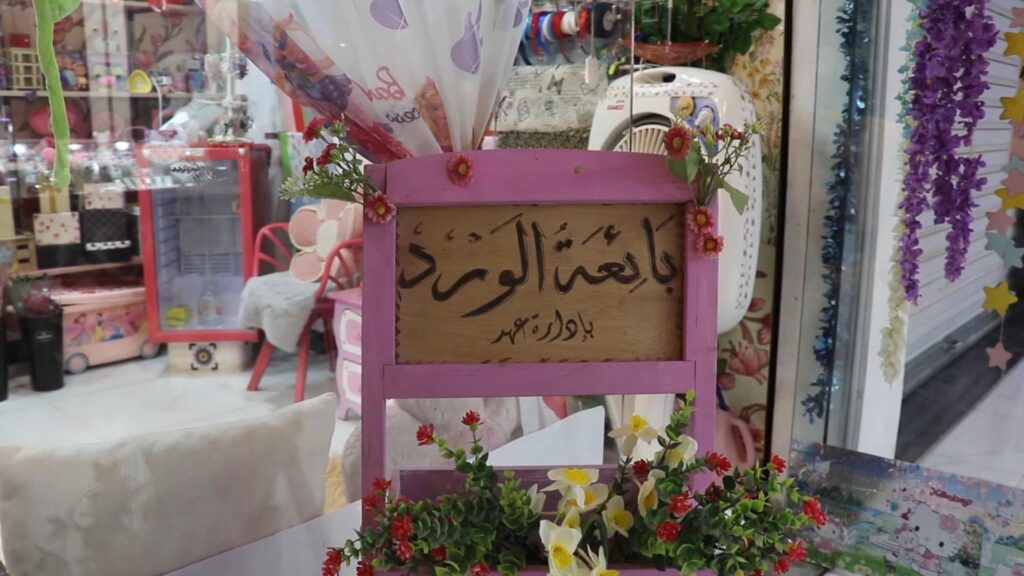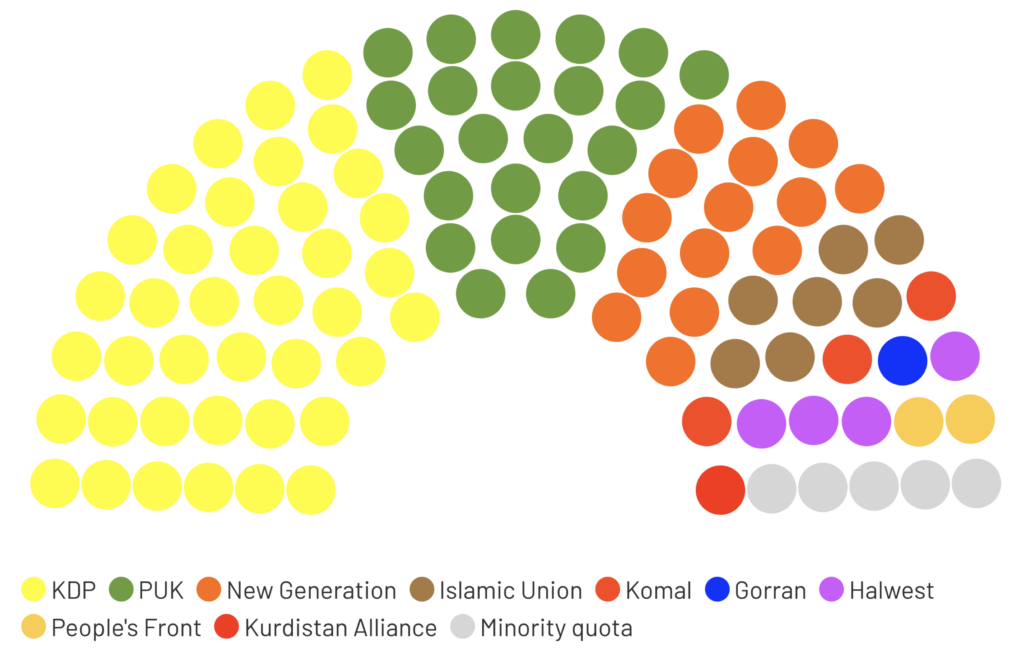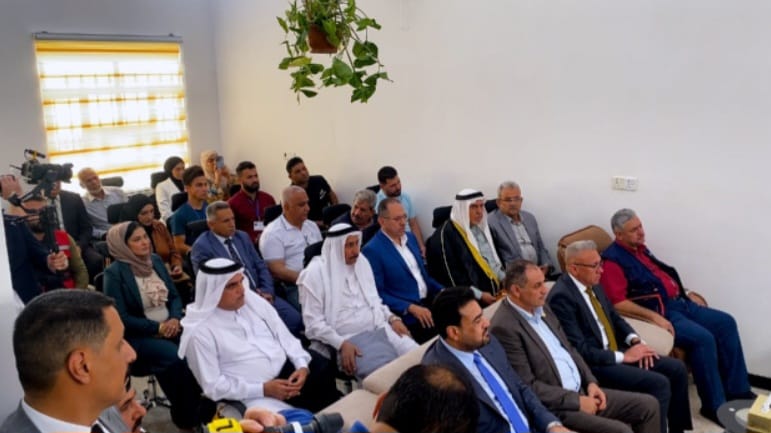Iran is opening a new regional front in Iraq, the US must act

Michael Pregent
US government officials have concluded that the May 14 drone attack on the east-west Saudi pipeline was launched from southern Iraq, having previously identified Yemen as the launch site.
Despite calls from the Iraqi government to disband, several Iranian-backed militias are active in southern Iraq. Iran has equipped these militias with the same weaponized UAV strike capability as its Houthi allies in Yemen.
According to the US government, the May 14 drone attack was likely launched by Kata’ib Hezbollah, an Iraqi militia and designated terrorist group created, funded, and directed by the Islamic Revolutionary Guards – Quds Force (IRGC-QF). The attack therefore means that Iranian proxies have attacked Saudi Arabia, a key US ally, from two different fronts.
The IRGC’s ability to carry out proxy attacks against a US ally from Iraq, another supposed US ally, highlights America’s failed strategy in Baghdad. As a result of US and Saudi pressure, Iraqi Prime Minister Adil Abdul Mahdi ordered the closure of IRGC-QF militia offices across Iraq on 1 July. However, militias have ignored similar calls before. Despite Prime Minister Mahdi’s order, the Iraqi government either cannot or will not remove the Iranian-backed militias from its territory, nor will it prevent them from targeting US allies.
Senior Iraqi politicians will not dare challenge the militia leaders, especially Qassem Soleimani, the commander of the IRGC-QF. Iraqi President Barham Salih, Prime Minister Adil Abdul Mahdi, and Speaker of the Council of Representatives of Iraq Mohamed al-Halbousi are all likeable, but they are not an effective group to oppose Iran’s malign influence.
Instead, the Iraqi government has been compromised by Iranian influence and allows senior Iranian figures to freely operate in Iraqi territory. Qassem Soleimani, the commander of the IRGC-QF, has repeatedly violated UNSCR 2231 by travelling to Iraq despite being designated for Proliferation Activities and Support for Terrorism by the US Treasury in 2007. Soleimani is sending a message: The Iranian presence in Iraq is long-term, in contrast to the American and Saudi temporary visits.
Soleimani’s lieutenant, Jamal Jaafar al-Ibrahimi, known by his nom de guerre Abu Mahdi al-Mohandes, epitomizes malign Iranian influence. As deputy commander for the Popular Mobilization Units (PMUs), Mohandes holds an official Iraqi government position.
Mohandes is also the leader of Kata’ib Hezbollah, the group accused of carrying out the May 14 drone attack. Both Mohandes and Kata’ib Hezbollah were designated as terrorist by the US Treasury in 2009 for having committed, directed, supported, or posed a significant risk of committing acts of violence against Coalition and Iraqi Security Forces.
Mohandes is the glaring example of US failure in Iraq. As a member of government, Mohandes has access to US intelligence, training, and equipment. His government paycheck allows him to oversee the distribution of funds to allied militias.
Mohandes uses this same influence to oppose American interests. He has used his influence to pressure Baghdad to deny the recent drone attack. He has killed Americans before, and is threatening to do so again. Kata’ib Hezbollah has been trained by the IRGC-QF and Lebanese Hezbollah to fire advanced guided missiles from Southern Syria to Israel, a key US ally.
The IRGC have already demonstrated their willingness and ability to strike directly at US interests. On June 20, the IRGC downed a US drone in the Gulf.
The US must now act to counter this threat.
The consequences of inaction hurt US credibility and expose the Iraqi government’s inability to say no to Iran and its proxies.
The United States has many tools available to remove Mohandes from his official positions in the Iraqi government. He is a designated terrorist and answers to the IRGC-QF, which is also a designated Foreign Terrorist Organization (FTO). The Government of Iraq is therefore a provider of material support to a designated terrorist and an FTO, requiring the US to stop financial and military support to Baghdad. It means that the government of Iraq and the economic sectors the IRGC has penetrated in Iraq are subject to US secondary sanctions.
There is no greater affront to the US effort in Iraq than having a US designated terrorist – one who killed and maimed Americans – financially benefit from a naïve US strategy promoted by foreign policy cheerleaders with resident visas in Iraq.
Either Prime Minister Adil Abdul Mahdi is being kept in the dark, complicit, or the Commander in Chief is unable and unwilling to take on the militias – all outcomes are bad for Baghdad and the US.
It remains to be seen whether Mohandes and the militias will respond to Prime Minister Mahdi’s call for the closure of IRGC-QF militia offices across Iraq and the integration of IRGC-QF militias, including Kata’ib Hezbollah, Harakat Nujaba, and Asaib Ahl al-Haqq, into the Iraqi military as whole units. The result will be Soleimani’s militias wearing Iraqi uniforms.
The militias have always bragged about being able to wear any uniform in the Iraqi military – this order allows them to access US funds, US equipment, and US intelligence. This move will make the IRGC-QF militias a legitimate part of the Iraqi Security Forces, giving them more influence than ever.
They will be the ones flying US F-16s, they will be the ones driving US M1A1 Abrams tanks and the newly delivered Russian T-80 tanks. They will still answer to Soleimani directly and will be commanded by Hadi al-Ameri of Badr Corps and by his deputy Mohandes. This is a win for Soleimani, who may even now be inspired to try and integrate Lebanese Hezbollah into the Lebanese Armed Forces, whilst the US continues to insist it is marginalizing Soleimani.
The US needs to change course in Iraq. The militias need to be opposed, and Mohandes needs to be removed, one way or the other.





